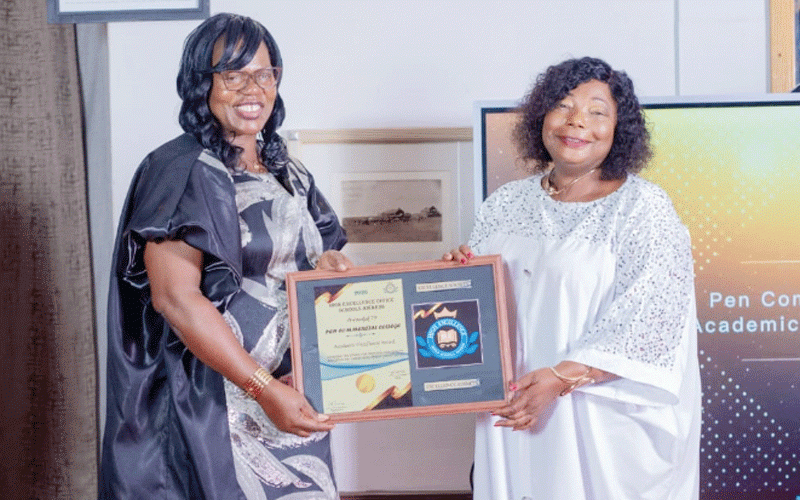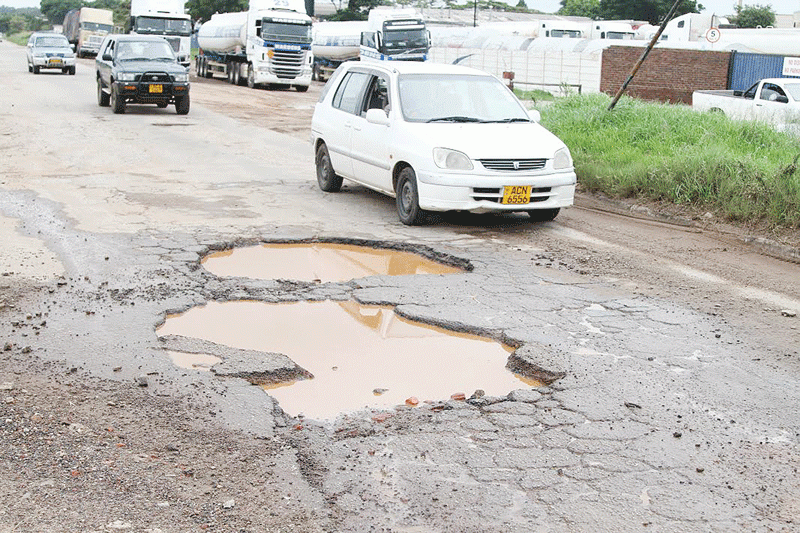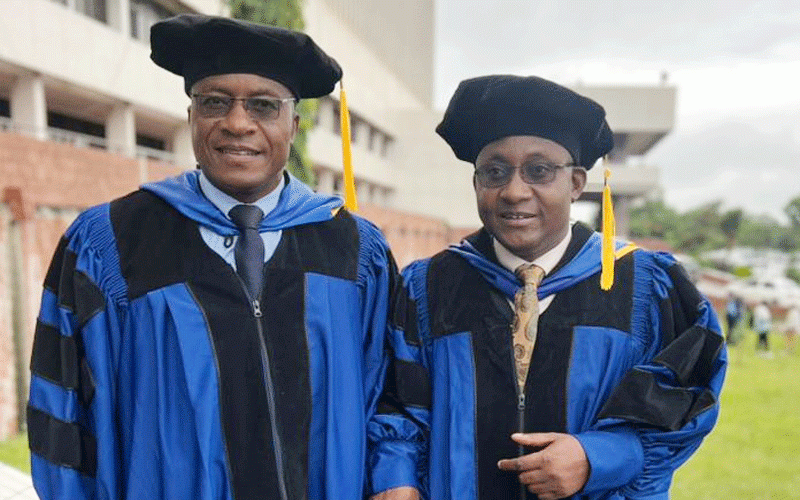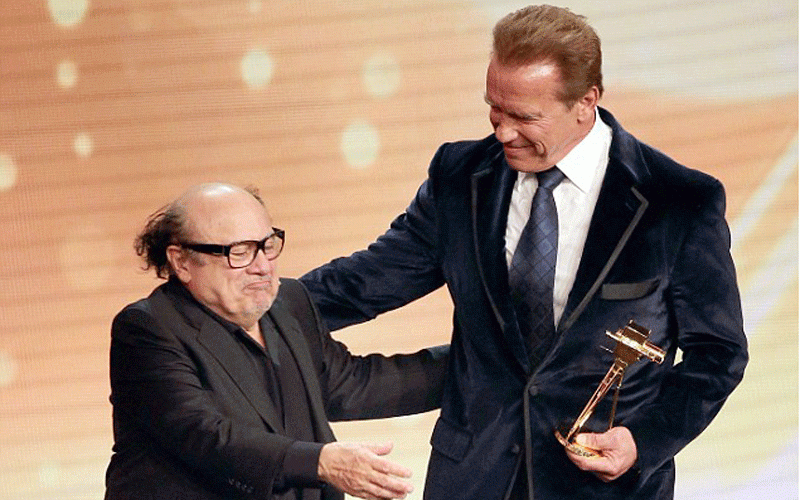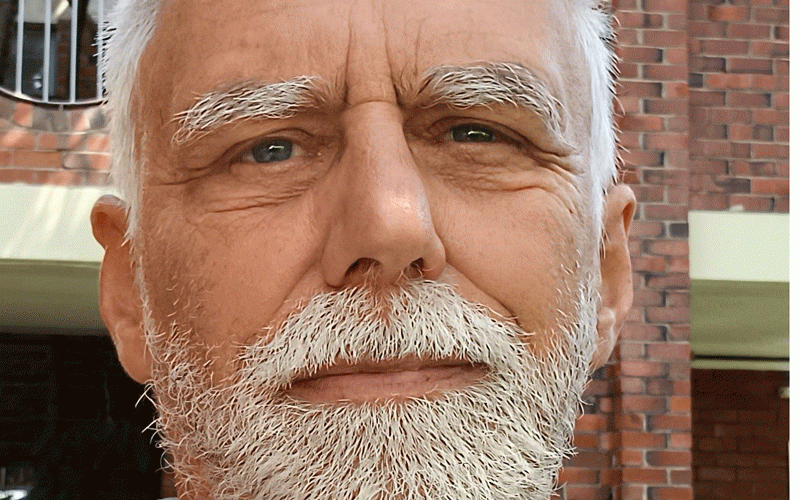
If we were presented with a white sheet of paper that had a small black dot on it and we were asked what we saw, most of us would most probably say we saw a black dot — it is obvious! The dot takes up a minute amount of space on the paper, but that is what we say we see; we do not see the white paper, of which there is far, far more. We do not see the vast expanse (in comparison) of empty space on the piece of paper. Space is often ignored.
People, however, are fascinated by space, wondering what is out there. Space exploration might be said to have begun in 1957 with the launch of Sputnik, followed by the first man in space, Yuri Gagarin, in 1961, with the big push to land people on the moon in the 1960s onwards. Now we have satellites in space and spacecraft travelling far, far away to learn more about what lies out there. In recent weeks, we have seen the return to earth of several astronauts who have been in the International Space Station for nine months. Space is deemed to be vital in our understanding.
Thomas Hardy, the gifted nineteenth century author, made the title of one of his novels, Far From the Madding Crowd, telling the story of a young lady who inherits a farm out in the country and who is romanced by three gentlemen of very different characters. The title echoes the cry of the heart of many in society, to get far away from the busy, bustling, hurly-burly lifestyle that sucks us into the rat race. Oh, for some space, away from people, from traffic, from busyness, that tends to push us uncontrollably in a certain direction. Space is also crucial for our well-being!
Then in the sports world, space is a key factor too. Players need to find or create space for themselves or their team-mates, if there is to be positive results. Instead of always following the ball (where everyone else is, which only crowds out the field and restricts control and movement) and wanting the ball, we need at times to run away from the ball to open up space where we had been, for something constructive to be achieved. Ricky Ponting, the great Australian batter, showed why he was so good when he said that, unlike most batters who check out where the fielders are before they play a shot, “In my head I don’t see the fielders. I only see the gaps”. He does not see the black dot; he sees the white sheet of paper. He sees space.
All these examples underline the importance of children finding (and creating) space for themselves. They need to know how to find space as they need space more than anything. They need space to think, for themselves, not to have their thoughts controlled by teachers, parents or society. They need space in order to learn without everything else crowding in on their journey. As with plants, they need space to grow, mentally, physically, socially, spiritually, culturally. Schools and parents therefore need to ensure children have that space; we must not clutter up their lives with numerous extra unnecessary activities.
Space provides freedom to stretch, to act, to create opportunities, whether we are talking sport, space exploration or life. We need to remove all that is unnecessary in the lives of our children to enable them to grow. We need to remove the weeds and the rocks and the thorns in the garden of their education. We need to cultivate an environment that allows them to grow more fully and fruitfully. Let us look to the gaps, to the space, not at the fielders, the clutter of the curriculum.
We have shared before the lovely story of those literary characters, Sherlock Holmes and Dr Watson, who went out camping. During the night, Holmes woke up, nudged his faithful friend and said, “Watson, I want you to look up at the sky and tell me what you see.” Watson said, “I see millions and millions of stars.” Sherlock said, “And what does that tell you?” After a minute Watson explained eloquently what he saw astronomically, astrologically, horologically, theologically, and meteorologically, before asking Holmes what it told him. His response was brief, “Watson, you idiot!
Someone has stolen our tent!” Dr Watson saw space, but did not recognise or understand its meaning. We must ensure that our children do grasp the essential need to find the learning space.
- Towards a developmental state
- The Fiddler: Fiddlerphobia
- The Fiddler: Fiddlerphobia
- Stars in education
Keep Reading
There is a vast amount of space outside the tent, the classroom, far from the madding curriculum. See the gaps. Find space. Create space. Use space. Launch out. Ignore the dots. What do we see?

